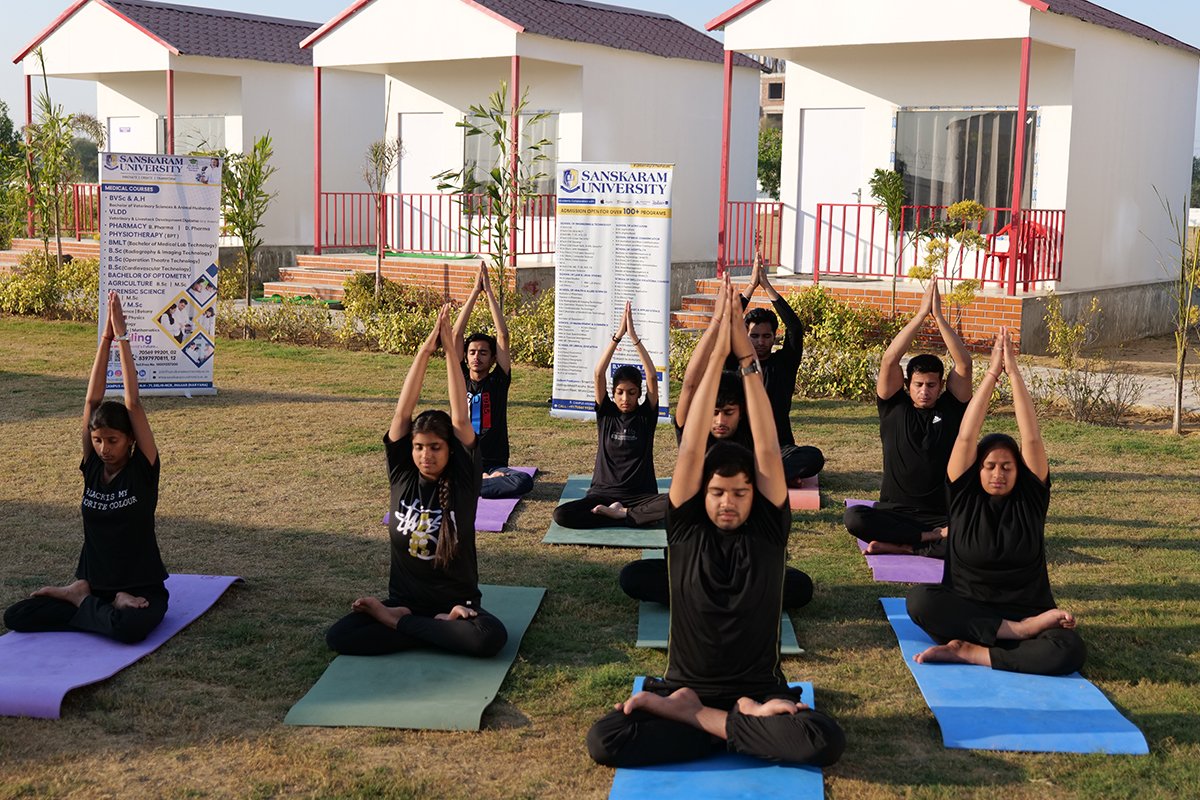
Shalya Tantra
Shalya Tantra is a significant branch of Ayurveda focused on surgical techniques and treatments, making it one of the earliest documented forms of surgery in medical history. The term "Shalya" refers to foreign objects or obstructions in the body, while "Tantra" means technique or methodology. This branch not only deals with surgical procedures but also post-operative care, trauma management, and the removal of foreign bodies.
Scope of Shalya Tantra
1. Surgical Procedures
- Treatment of wounds, abscesses, fractures, and dislocations.
- Removal of foreign objects (e.g., splinters, stones).
- Management of tumors and cysts.
2. Specialized Areas
- Anorectal Diseases: Conditions like hemorrhoids (Arsha), fistula-in-ano (Bhagandara), and fissures.
- Orthopedic Surgery: Fracture management, bone realignment, and joint care.
- Ophthalmology and ENT: Surgeries for cataracts, nasal polyps, and ear obstructions.
3. Therapeutic Techniques
- Use of Agni Karma (cauterization) and Kshara Karma (alkaline therapy) for minimally invasive procedures.
- Bloodletting (Raktamokshana) to treat inflammatory and circulatory conditions.
4. Modern Surgical Relevance
- Concepts and techniques documented in Shalya Tantra, such as suturing, wound cleaning, and incision-making, form the basis of modern surgery.
- The methods described in texts like Sushruta Samhita by Acharya Sushruta, regarded as the "Father of Surgery," remain influential.
Key Principles in Shalya Tantra
1. Pre-Surgical Preparation
- Detailed diagnosis of the patient and the condition.
- Administration of herbal medicines to strengthen the body before surgery.
- Ensuring a sterile environment using Ayurvedic antiseptic preparations.
2. Surgical Instruments
- Shalya Tantra details 125+ types of surgical instruments such as scalpels, forceps, and needles made from natural materials.
- Instruments are categorized for cutting, scraping, puncturing, or extracting foreign objects.
3. Surgical Techniques
- Chedana (Excision): Removal of diseased tissues.
- Bhedana (Incision): Making precise cuts for abscess drainage or tumor removal.
- Lekhana (Scraping): For cleaning wounds and ulcers.
4. Post-Surgical Care
- Use of herbal decoctions and oils to promote healing.
- Dietary restrictions and lifestyle modifications to aid recovery.